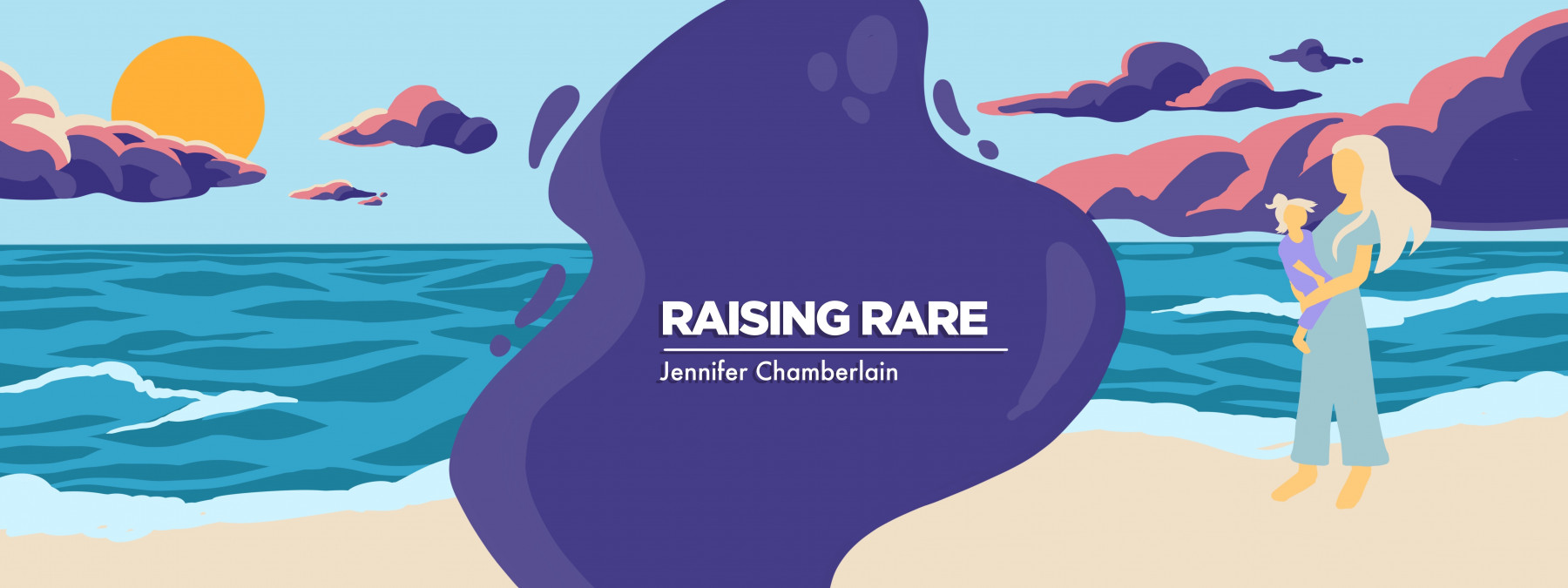Maybe we can’t count on medical miracles after all
Trikafta, at least so far, hasn't matched a mother's hopes for CF treatment

Note: This column describes the author’s own experiences with Trikafta (ivacaftor, tezacaftor, and elexacaftor). Not everyone will have the same response to treatment. Consult your doctor before starting or stopping a therapy.
Recently, we experienced a miracle. Or at least we thought it would become our miracle. In April, the U.S. Food and Drug Administration approved the expanded use of Trikafta (ivacaftor, tezacaftor, and elexacaftor) for some children with cystic fibrosis (CF) ages 2-5. We were ecstatic to see this groundbreaking drug, which treats the genetic causes of CF, become available for our 4-year-old daughter, Claire.
My optimism was fueled by stories of older children and adults with CF who began taking it after its initial approval in 2019. Most of their stories were incredible and filled with life-changing results. Scientific data supported these experiences, showing fewer lung exacerbations and improved lung function for those on the drug.
I knew some patients experienced side effects or lower efficacy, but most of the stories I heard were positive. My anticipation of the drug’s approval for Claire’s age range was a huge reason I kept going on hard days. All we had to do was wait.
Inflated expectations?
The day the medication was delivered to our house felt like one of the best days of my life. We eagerly watched as Claire took her first dose. I cried tears of joy more than once.
What followed, however, was not what we expected. Within two weeks of taking Trikafta, she became sick with a virus. I felt sure she’d handle it fine with Trikafta’s help. Instead, she’s still coughing 12 weeks later. Her lungs became infected with bacteria for the first time, possibly related to the virus or to bacteria she acquired in a different setting.
We waited years for Claire to take Trikafta, hoping it’d help her avoid the long-lasting bacterial infections common to CF patients. Now it feels like she’s having the opposite experience.
I’ve been in a fog of disbelief these past three months. Yet I didn’t go into this completely naive; I knew there was a chance the drug wouldn’t work as well for Claire as it does for others and that there was no promise it’d stop all infections. But I had so much hope and possibly inflated expectations.
The possibility that Trikafta might not be our medical miracle has been devastating. I’ve become significantly depressed. My anxiety is off the charts. I’ve begun seeing my therapist more often to work through my emotions.
It’s been a challenge, but I haven’t given up all hope. I know we’re only a few months into this journey. I’m hoping this infection will be just a bump in the road, and that Trikafta will still lead to a healthier future.
If anything, in fact, this experience has reinvigorated my passion to raise awareness and funds for more effective treatments that will help all with cystic fibrosis. I won’t give up. Ever.
Note: Cystic Fibrosis News Today is strictly a news and information website about the disease. It does not provide medical advice, diagnosis, or treatment. This content is not intended to be a substitute for professional medical advice, diagnosis, or treatment. Always seek the advice of your physician or other qualified health provider with any questions you may have regarding a medical condition. Never disregard professional medical advice or delay in seeking it because of something you have read on this website. The opinions expressed in this column are not those of Cystic Fibrosis News Today or its parent company, Bionews, and are intended to spark discussion about issues pertaining to cystic fibrosis.









Lisa McKeel
We had the same experience when it was first released my daughter was just a month away from her 18th birthday. She took a few days of dosing, ended up in the ER for the first time ever, had a full blown exacerbation and her lung function was adversely affected. She ended up not rebounding, and 9 months later had a double lung transplant. Something significantly impacted her with the Trikafta. I had the same emotions and it was a be careful what you wish for feeling. We did meet one of the doctors who completed the clinical trials while at Boston Children'e Hospital and he said based on my daughters case maybe an alternative dosing or slower transition to full dosing could have been attempted. This was 8 years ago so I am sure they have more data now. She also had diminished lung function going into this but it was devastating at the time.